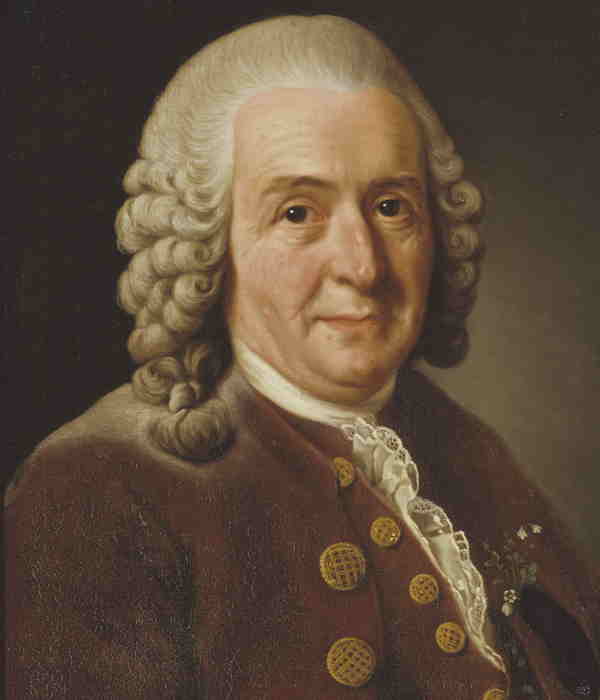Race Is Real, But It’s Not Genetic
By Alan Goodman,
Discover
| 06. 25. 2020
For over 300 years, socially defined notions of “race” have shaped human lives around the globe — but the category has no biological foundation.
Carl Linnaeus, who defined four varieties of humans in the 18th century
Portrait by Alexander Roslin; cropped photo by Nationalmuseum, Sweden
A friend of mine with Central American, Southern European and West African ancestry is lactose intolerant. Drinking milk products upsets her stomach, and so she avoids them. About a decade ago, because of her low dairy intake, she feared that she might not be getting enough calcium, so she asked her doctor for a bone density test. He responded that she didn’t need one because “blacks do not get osteoporosis.”
My friend is not alone. The view that black people don’t need a bone density test is a longstanding and common myth. A 2006 study in North Carolina found that out of 531 African American and Euro-American women screened for bone mineral density, only 15 percent were African American women — despite the fact that African American women made up almost half of that clinical population. A health fair in Albany, New York, in 2000, turned into a ruckus when black women were refused free osteoporosis screening. The situation hasn’t...
Related Articles
By Scott Solomon, The MIT Press Reader | 02.12.2026
Chris Mason is a man in a hurry.
“Sometimes walking from the subway to the lab takes too long, so I’ll start running,” he told me over breakfast at a bistro near his home in Brooklyn on a crisp...
By Katrina Miller, The New York TImes | 02.05.2026
Joseph Yracheta: The Native Biodata Consortium is the first nonprofit data and sample repository within the geographic bounds and legal jurisdiction of an American Indian nation, on the Cheyenne River Sioux Reservation in Eagle Butte, S.D.
NativeBio participated in a ...
By David Jensen, California Stem Cell Report | 02.10.2026
Touchy issues involving accusations that California’s $12 billion gene and stem cell research agency is pushing aside “good science” in favor of new priorities and preferences will be aired again in late March at a public meeting in Sacramento.
The...
By Lauren Hammer Breslow and Vanessa Smith, Bill of Health | 01.28.2026
On Jan. 24, 2026, the New York Times reported that DNA sequences contributed by children and families to support a federal effort to understand adolescent brain development were later co-opted by other researchers and used to publish “race science”...




